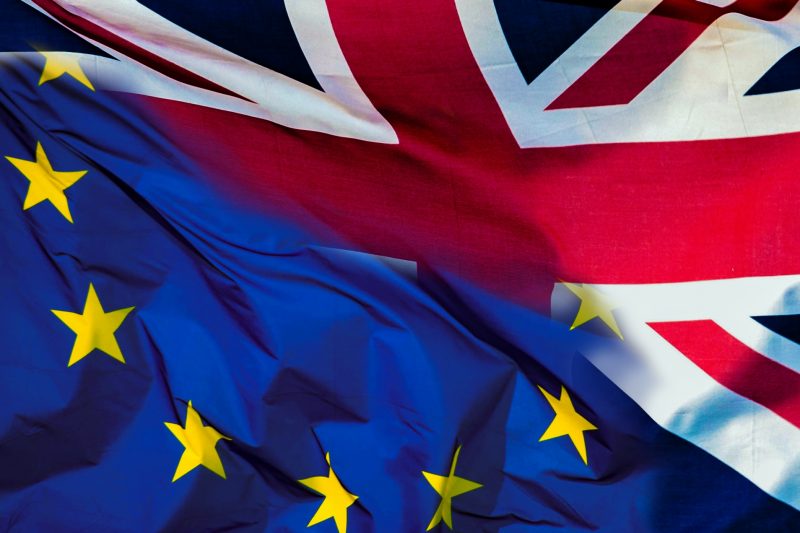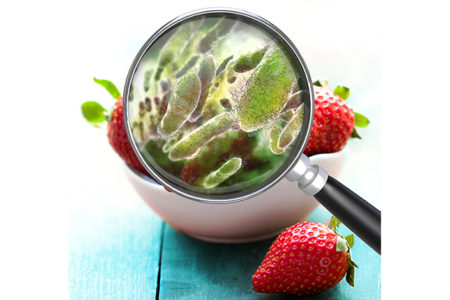Leaving single market could be ‘disastrous’, industry warns

Prime minister Theresa May unveiled plans for a ‘hard Brexit’ earlier this week, which, crucially, included plans to leave the single market.
The UK “cannot possibly” remain within the European single market, she said, as doing so would mean “not leaving the EU at all”. However, May’s promise to push for the “freest possible trade” with European countries has been welcomed by the Food and Drink Federation.
Director general Ian Wright says, “The food and drink industry is worth £108 billion to the UK economy. Two thirds of food and drink exports go the EU, so we welcome the prime minister’s commitment to securing the freest and simplest possible trade arrangements with the EU.”
Likewise, Dr Judith Bryans, chief executive of Dairy UK, welcomed the government’s commitment to maintain a robust trading relationship with the EU, but highlighted concerns about leaving the single market: “We have significant concerns about the UK’s prospects outside the single market and without certain elements of the EU Customs Union,” she explains. “With 80% of UK dairy exports currently going to EU countries, any disruption to current agreements would have an extensive and costly impact on our industry.
“We support the government’s commitment to put in place a strong, swift and effective transitional process and urge them to avoid any kind of interruption to current trade agreements with EU countries or the creation of counterproductive tariff or non tariff barriers.”
Rural economy secretary Fergus Ewing, meanwhile, highlighted the ‘disastrous’ and ‘devastating’ impact a hard Brexit would have on Scotland’s farming and food sectors.
Ewing notes, “The EU is Scotland’s biggest overseas regional food and drink export market, with exports of food and drink worth £2 billion in 2015. We simply can’t ignore the disastrous impact that leaving the single market, and the 500 million people within it, could have on our food and drink sector.
“A hard Brexit would be devastating for Scottish agriculture and the many food companies which rely on Scottish produce. Potentially, they face both high tariffs of up to 50% and loss of subsidy support. It may also put at risk Scottish protected food names which give confidence to consumers, and the common regulatory frameworks which help maintain food safety, animal and plant health standards and guarantee access to EU markets and many other countries.”



